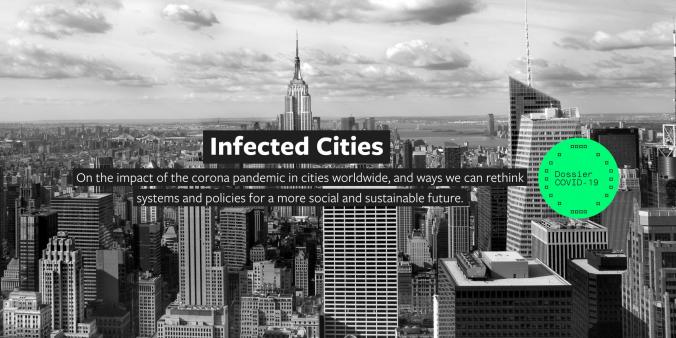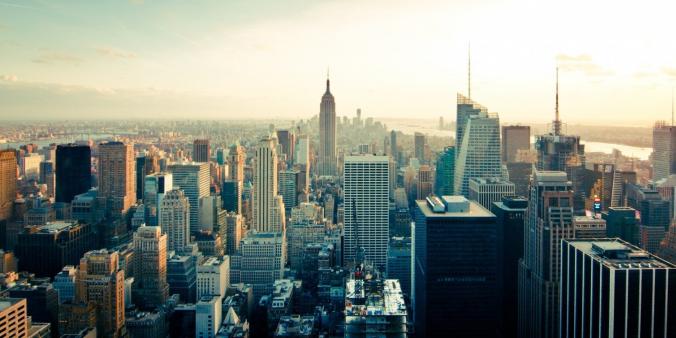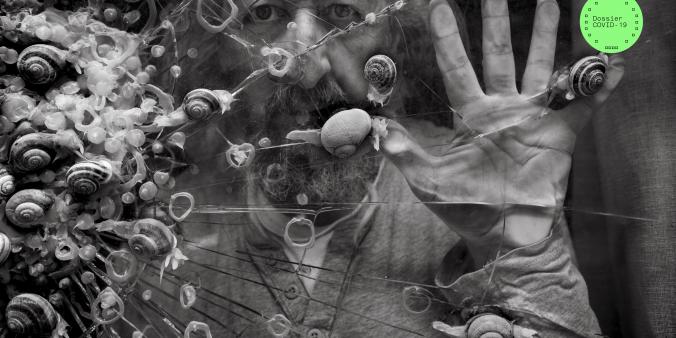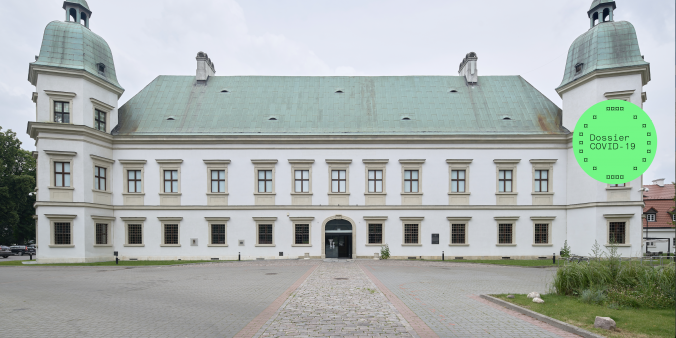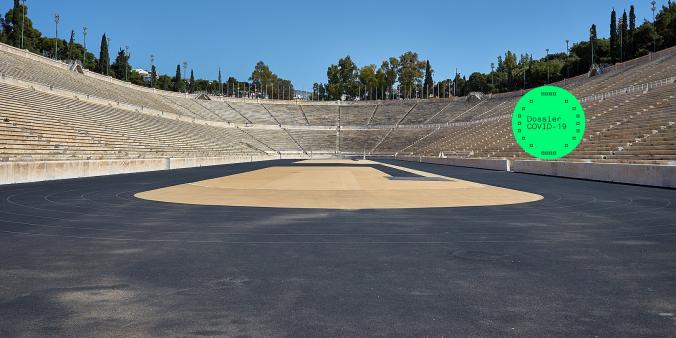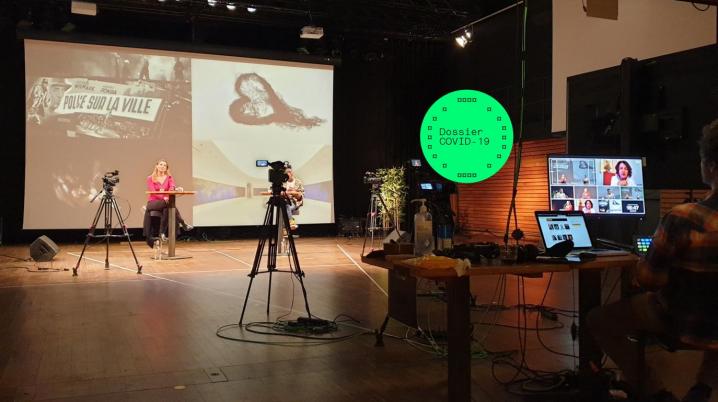
Resilience through arts and culture – Recap of Infected Cities #11: Paris
On December 10th, artists, journalists and professionals from different backgrounds connected through Zoom for a conversation from Pakhuis de Zwijger led by moderator Jennifer Muntslag, joined by visual artist Laurence Aëgerter. From Paris, the participants reflected on their city with stories of their challenges, resilience, and the socio-economic consequences of the COVID crisis. (video below)
Paris is one of the world’s most important centres for arts and culture. The city has a long legacy in setting trends and attracting artists from across the globe. Internationalisation is in its DNA. So how has the pandemic affected the creative sector amid closing art centres and lockdowns? In this unprecedented context, what innovative projects have artists initiated in the capital? And what is needed to making Paris more resilient in these challenging times? These are some of the topics discussed during Infected Cities #11.
France has been in its second lockdown since the end of October. The country was scheduled to lift restrictions on December 15, but faced with rising rates of infection and a possible third wave, the reopening of cultural venues has been delayed by at least three weeks. At the time of going to press, Prime Minister Jean Castex had stated that the exact date when museums, theatres and cinemas will be allowed to reopen is uncertain. In addition to the COVID crisis, France is struggling with several explosive issues – fears of terrorism, mass protests against police brutality, the new security law and unemployment. This too has had its socio-economic consequences for Paris and its inhabitants.
Tourism and decentralisation
Famous for being one of the world’s most popular tourist destinations, the bustling metropolis Paris has changed dramatically in recent times. Marijn Kruk, Dutch correspondent in France for De Groene Amsterdammer, Trouw and De Correspondent: “The COVID crisis has set Paris back several years. In 2015 we had the attacks on Charlie Hebdo and the Bataclan. This created a lot of tension and was also very bad for tourism. It was cause for a lot of anxiety in the city. Next, we had the gilets jaunes, the yellow vests movement. For an entire year, there were demonstrations and violent confrontations between demonstrators and the police. This also caused tourists to stay away. It all adds up, making these past few years extremely difficult.”
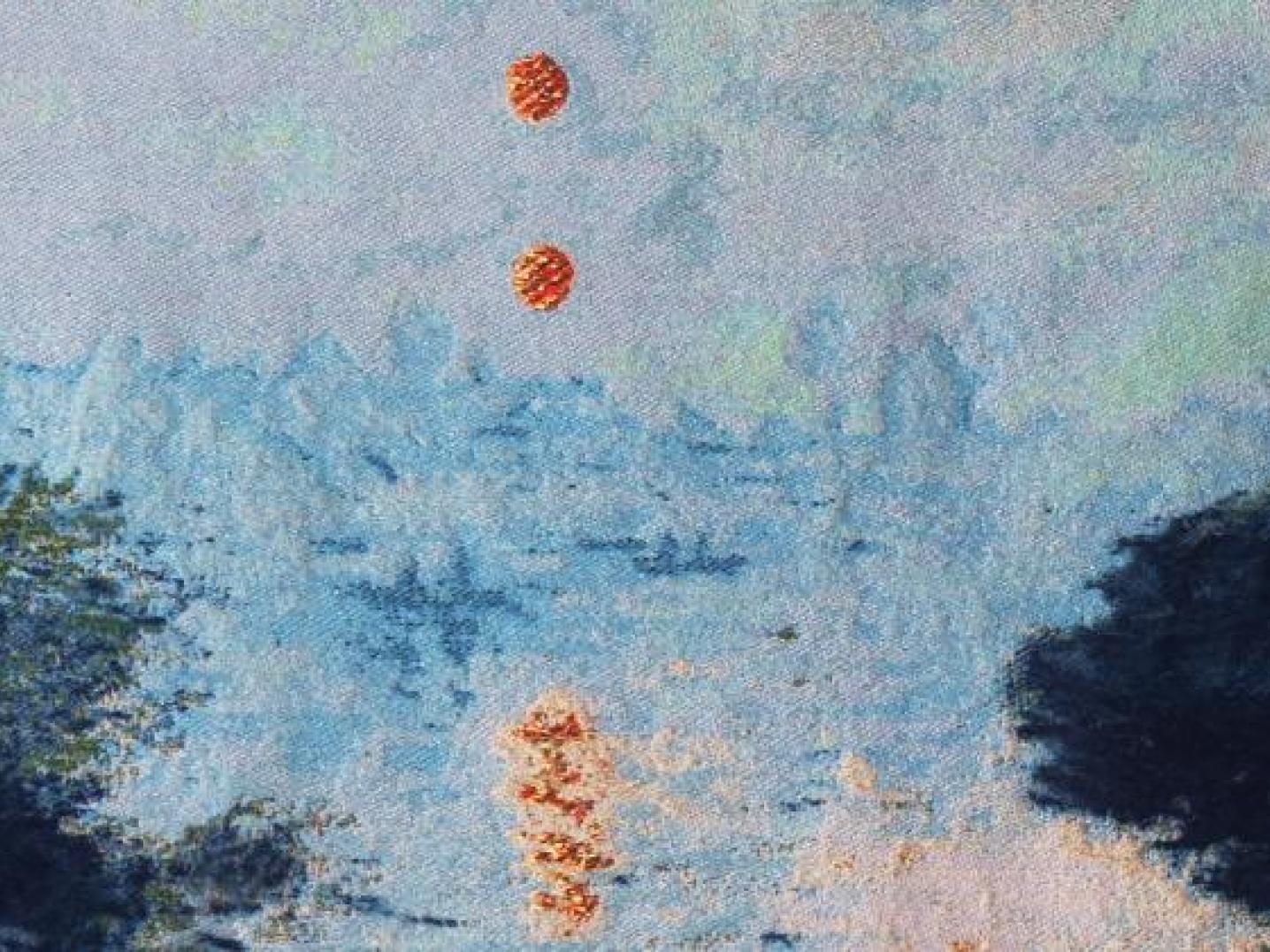
Cécile Maisonneuve, chairman of La Fabrique de la Cité, has witnessed the changes with her own eyes: “Before the crisis, the greater Paris area, with a population of 12 million, saw 50 million visitors annually. Now, these tourists are gone. The central neighbourhood I live in, Le Marais, has seen a 90% loss of revenue. The touristic areas have been hit incredibly hard in recent years by a series of blows. And now, without culture, our city simply isn’t itself anymore. Paris has been rapidly gentrifying and its population was already decreasing. These coming months, we’ll certainly see a huge rise in unemployment, and this might accelerate things even more. The middle class can no longer afford to live in the city centre and is being driven more and more towards the outskirts. But on a positive note: I feel that if we focus on the local level and empower people, we can move forward to a more peaceful society and reconcile with one another. People want nature, more green space, and access to services. For me, it’s really about decentralising and empowering people.”
Out of the box
Isabelle Mallez, responsible for International Affairs of the Cultural Department of the city of Paris, explained how international visitors – including artists – are part of Paris’ DNA: “Our city lives by and for culture, and welcoming foreign artists is a tradition in Paris. Our Cité Internationale des Arts is an artist-in-residence building with 326 workshops and accommodations for artists in a central location. It’s the largest artist-in-residence building in the world. On top of that, we have other residences as well from various other organisations throughout the city. During the first lockdown, some artists left, while others were forced to stay because the borders of their country had closed. Those who stayed showed amazing resilience and solidarity. It has forced everyone to think outside of the box, and knowing that international exchange will be limited for the near future, the state has devised a programme with short-term residencies: a three-month programme for artists already residing in France or Europe. The call for applications has been very successful, so I’m optimistic about the future – and happy to live and work in Paris, even under these conditions.”
For actor Yuriy Zavalnyouk, the pandemic initially thwarted his plans and left him feeling defeated. He was on tour when the first lockdown was announced. But soon, his initial hopelessness gave way to new-found creativity: “Theatre is my passion and my way of life. And it’s all about making contact with people, with the audience. But COVID put an end to all that. During the first lockdown, I didn’t know what to do, so I ended up doing nothing. But later on, I found a way to connect with the audience through a project called Au Creux de l'Oreille (In the Hollow of the Ear). People sign up to receive a call from an actor who chooses a topic to speak about. I decided to recite poetry. During the first week, we were with around 20 actors and made about 150 calls. But towards the end of the project, there were 250 actors, and together we made over 10,000 calls! French-speaking people from all over the world signed up, and we were calling them in Canada, the USA, Tunisia and other places. It was a very personal project, compared to other digital projects. Unique in France, as well as elsewhere.”

Essential or not essential
Mario Orsinet, drummer, composer and musical director of the Monkuti group, talked about how the pandemic has affected the Parisian music scene: “The future of music is still very much unknown: we don’t know if we’ll be able to perform live shows as before, and perhaps we’ll have to resort to digital solutions more. During periods of lockdown, we are stuck at home and have to make music using different tools, like recordings, livestreams and sharing music with other musicians online. I’m a part of the Parisian afrobeat project Les Frères Smith, and because our latest album release coincided with the lockdown, we decided to put our energy and creativity into something completely different. Together we participated in a UNESCO campaign called Don’t Go Viral to help raise awareness in Africa about COVID-19. During lockdown, we made a video, using home videos from all the group members. Ultimately, having to resort to this type of creativity has made things more interesting.”
The opening of visual artist Laurence Aëgerter’s exhibition took place just two-and-a-half weeks before the lockdown. “So, when I heard the news that it was closing down, it really hit me. I had a hard time coming to terms with it,” she said. “But very quickly, my attitude changed, I accepted it and became more optimistic. Now, I’m super happy that the museum has agreed to extend my exhibition for the amount of time it was closed. And in a way, I feel very lucky. Art is a great way to process your feelings and experiences. There is an inherent quality to art that helps people feel well and progress. When the bookstores in France closed, because they weren’t considered essential, there was a lot of protest. It led to an entire discussion about what is essential.”
Concluding, Moderator Jennifer Muntslag spoke about the role that art plays in our lives and the significance of culture – especially in times like these: “Art and culture are so important. And I feel they are underestimated. Without them, we would really be locked down. Being stuck at home would be completely unbearable. Art helps you to cope with difficulties, to take your mind off things, to grow and to relax. It gives you food for thought. Being creative and exchanging creativity is absolutely essential.”
Check out the complete overview of Dutch cultural activities in France.
If you are a cultural professional who wants to go to France, to perform, present or exhibit or to co-create with French colleagues, feel free to contact our Focal Countries Desk.
For funding possibilities, check out our Cultural Mobility Funding Guide, or the websites of our partners Mondriaan Fund, Het Nieuwe Instituut, Creative Industries Fund NL, Cultural Participation Fund or Dutch Film Fund. Prince Claus Fund and ASEF culture360 also have interesting opportunities.
